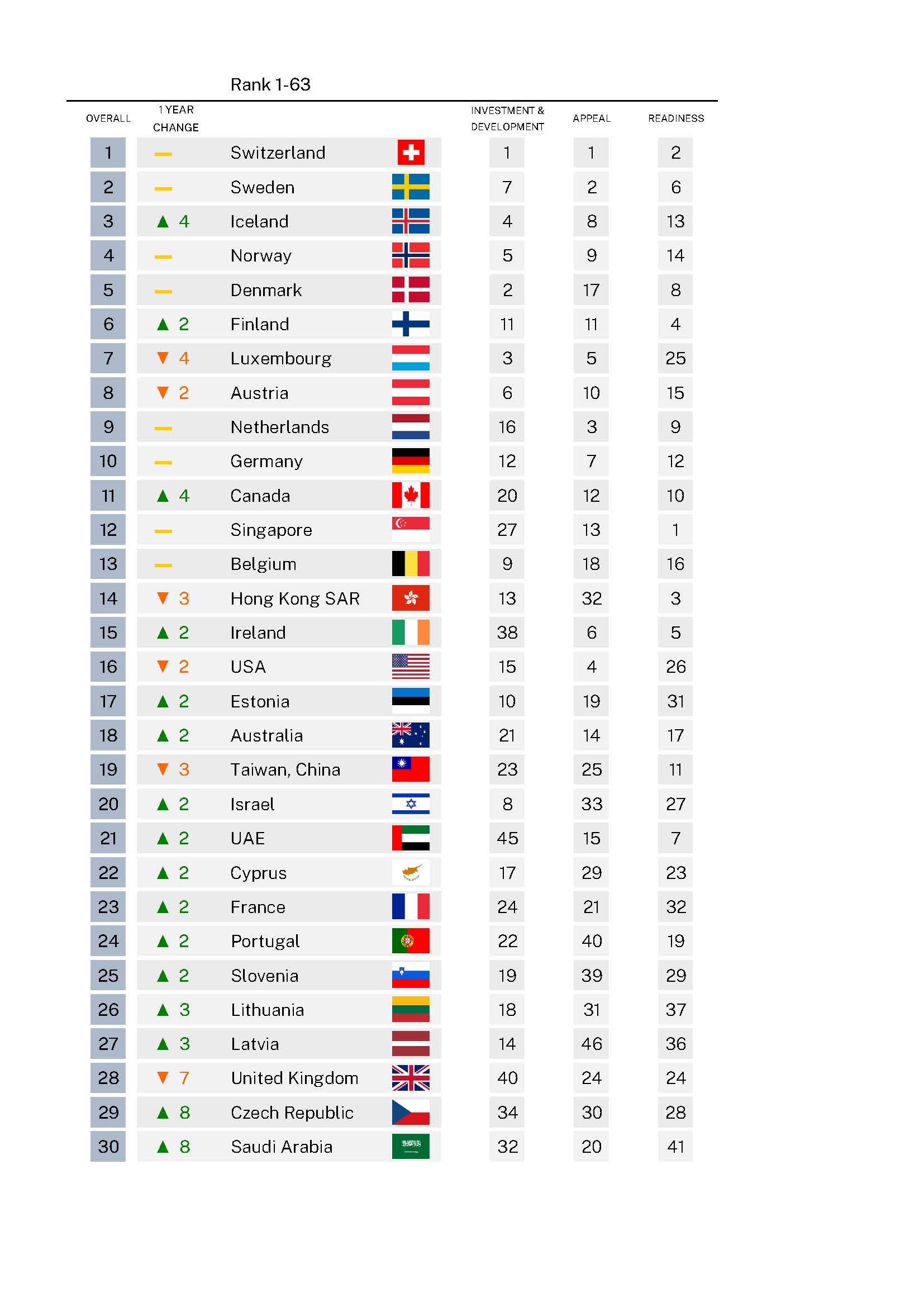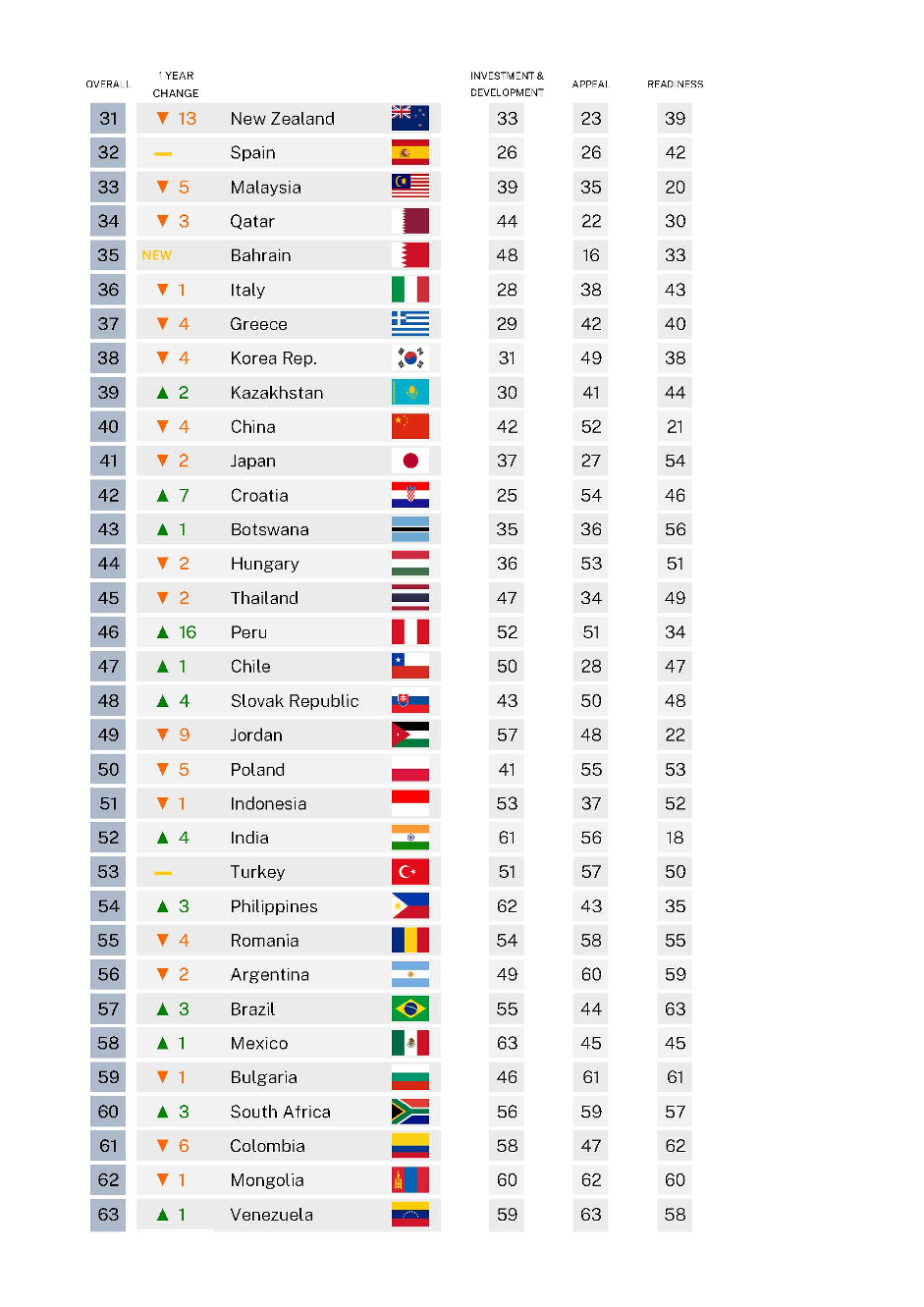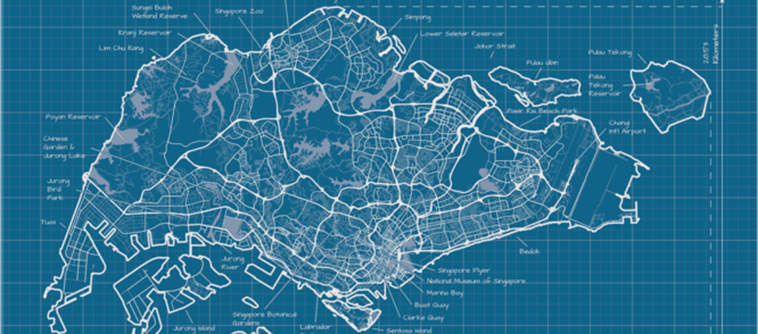
Leaders are reassessing their approach to their talent pools in order to attract overseas talent as well as retaining both the local and the international workforce, as they wake up from the pandemic’s economic repercussions of having lost skilled labor due to mobility constraints.
This was a key finding in the 2022 IMD World Talent Ranking (WTR), produced by IMD’s World Competitiveness Center (WCC) which studies 63 economies globally, assessing their ripeness in terms of fostering long-term value creation for their enterprises and the economy at large via their workforce.
Pre- and post-pandemic changes to “brain drain” patterns have not been as damaging to the talent competitiveness of economies that have strengthened their appeal for attracting and – crucially – retaining talent.
Switzerland was first in the overall ranking, followed by Sweden (second), Iceland (third) – having risen up through the ranks from 16th in 2018 – Norway (fourth), then Denmark (fifth).
Referring to the effects of changes in talent mobility between 2019 and 2022 – made possible by the availability of data from the WTR produced each year – Professor Arturo Bris, Director of the WCC, remarked how “National education systems will become less important to determine the quality of the talent pool.
“Indirectly, quality of life and economic sustainability will determine the quality of the talent pool more and more. There will be winners and losers in this race to the top in education.”
“It is unclear how talent mobility will fare over the coming years; so many thought working from home was the ‘new normal’ but now companies are increasingly withdrawing these policies,” added Christos Cabolis, Chief Economist at the WCC.
A Swiss constant
The 2022 WTR overall results are a blend of 31 criteria, a mix of hard data taken from 2021 into early 2022, and answers from executives surveyed between February and April this year. It is divided into three groups or “factors”: Investment & Development, Appeal (to domestic and international talent) and Readiness. Switzerland failed to triumph in just two out of the three: Readiness, where Singapore took first spot despite coming in at 12th overall.
Switzerland remains the leader in the overall ranking for the sixth consecutive year, and has strengths across the board. It was first in the effective implementation of apprenticeships, in attracting foreign highly skilled personnel, and in the availability of workers with finance skills as well as that of managers with international experience.
However, the researchers signaled the Alpine nation could still improve the quality of its education as measured by pupil-teacher ratio, female labor force (as a percentage of the total labor force), graduates in science, and exposure to particle pollution.
What does it mean to “appeal” to skilled labor, and how do you do it – or lose it?
Strengthening a country’s appeal to skilled labor comes in many guises; the researchers measured it via factors including, but not limited to: remuneration, taxes, cost of living, the education system, a fair judicial system, and an economy’s position on environmental issues.
Saudi Arabia (overall up eight places since 2021, at 30th) was the economy that improved its appeal most between 2019 and 2022, with factors behind this being a decrease in the cost of living, an increase in quality of life, and ambitious investment plans.
The Czech Republic, the Slovak Republic, Mongolia, and Croatia also made marked improvements in their appeal. Conversely, the UK, the US, Canada, the UAE, Denmark, New Zealand, Hong Kong, Indonesia, South Africa, and Venezuela are losing ground in their appeal to talent.
The UK placed 20th in the Appeal factor in 2020, 16th in 2021, and 24th in 2022. This year, executives expressed a highly negative sentiment in their perception of quality of life (35th) on the island nation.
“The UK pays good salaries, so it should be attractive to foreign talent,” said Bris. “But there is a general negative sentiment in the UK – not so much caused by Brexit, but by the political fragmentation in the country.”
“In that context, executives do not see a clear future; there is uncertainty and instability. And this type of environment created – and has created – harsher conditions for preserving the quality of the talent pool.”
This is the ninth edition of the WTR. More information on the results can be found here.





